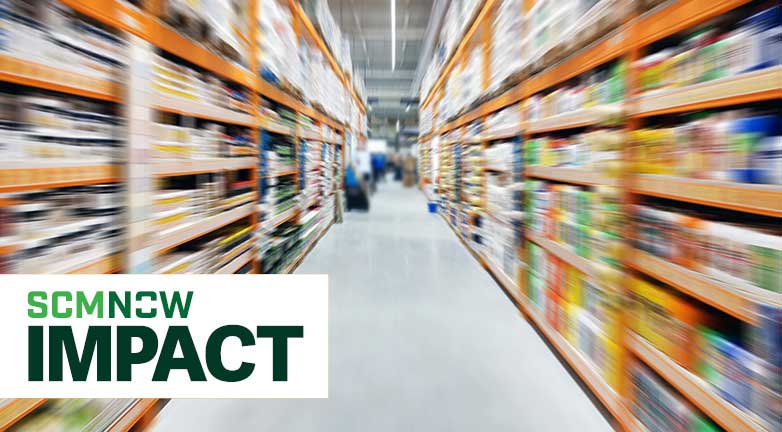Supply chains are built on trust. We trust our suppliers to deliver product on time and to established specifications. Our suppliers trust us to be open and operate with fairness and integrity. We trust our employees to support the company mission through their performance, contributions and ongoing engagement. They trust us to compensate them fairly, provide learning and development opportunities, and create a positive environment in which to work. And of course, our customers trust that all of these aspects align in order to ensure they receive a high-quality and safe product.
So, when that product is damaged, defective or — worst of all — dangerous, trust is shattered.
“A product-recall event can cause a company to lose everything it has struggled to build for an entire lifetime,” says Barbara Randall, divisional vice president of Great American Insurance Group’s product recall unit. She adds that the costs associated with recovery, repair or replacement of affected products, as well as restoring brand image and regaining lost customers, are the most severe impacts.
“Product safety regulation and the recall process are part of a complicated and imperfect system that varies widely depending on the type of product, the industries involved, and the government agencies tasked with overseeing it,” writes Rachel Rabkin Peachman for Consumer Reports.
To position your supply chain for recall success, PwC’s Sally Bernstein says you must be prepared to take prompt, definitive action. “Many companies spend the crucial first 48 hours scrambling,” she explains. “The result is the recall issue continues to grow.”
Bernstein advises forming a “pivot point” team whose members guide cross-functional collaboration, are empowered to oversee the recall process and report to an executive sponsor. The team assesses scope; tracks and documents recall activities, costs and key performance indicators; and quickly and accurately responds to stakeholder requests for information.
Great American Insurance Group’s Randall adds that it’s essential to have a formal recall policy, full traceability procedures and a quality-control manual. This should include implementation of required and necessary measures for food, consumer goods or component-part product safety.
Essential education
How often do you consider if your food, medicines, appliances, transportation and technologies might be anything other than safe and effective? For most, it takes the disturbing news of a product recall to make us stop and wonder. Of course, supply chain professionals must be continually aware and fully equipped to act.
To help you achieve this critical objective, look to the ASCM Supply Chain Learning Center and ASCM Seminars. These one-day educational sessions are led by expert instructors who take a deep dive into one specific topic, such as supply chain risk management. The Supply Chain Risk Management seminar will expose you to the global supply chain risk landscape; new techniques, tactics and real-world case studies; and the knowledge you need to create a truly resilient supply chain.
Attendees receive 7 core contact hours toward the APICS Risk Management certificate, as well as APICS certification maintenance points. Take the first step in safeguarding your supply chain and everyone it touches at ascm.org/risk.



